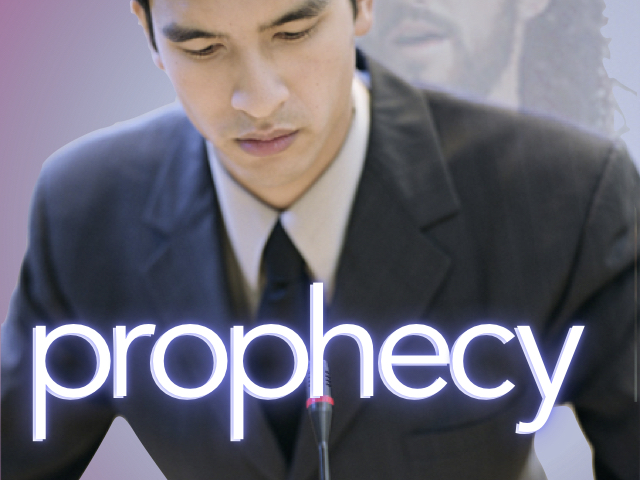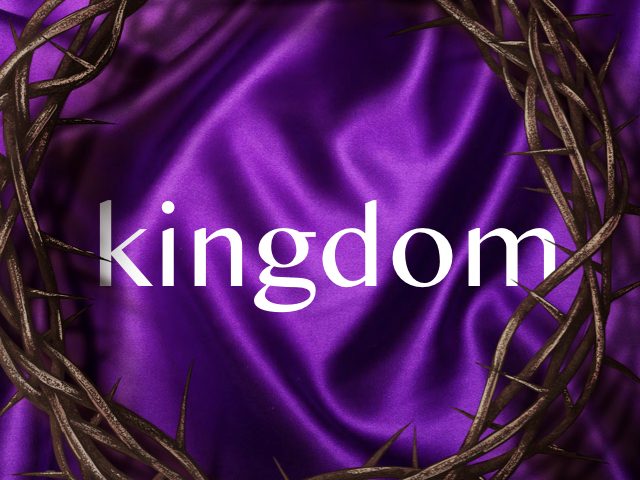
Yeah, I wanted an alliterative title, and “prince” kinda gives people the wrong idea, so I went with the less-familiar word “potentate.” It just means “power.” Potentatus was the Latin word St. Ambrose of Milan used for the biblical Greek word
- Might be political power, like a king, dictator, president, or backroom dealmaking party member.
- Might be economic power, like a billionaire or
CEO . - Might be cultural power, like a popular entertainer or internet influencer.
- Might be spiritual power, like a pastor or guru. (Sometimes this overlaps with cultural power, like with activist pastors; sometimes not.)
Whatever kind of power we’re talking about, they got it, and people are swayed by it—voluntarily or not.
Sometimes prophets have this kind of power. I’ve known more than one Christian who considered the prophets at their churches to be their spiritual guides or spiritual mentors. After all, prophets listen to God; when you pick a Christian mentor, they’d better be listening to God. And certainly various prophets in the bible had people they were mentoring; Elijah, Elisha, and John the baptist certainly did.
But usually when we see prophets in the bible, they’re not the ones in power. In fact one of their regular duties is to serve as a check on the ones in power. The potentate—whether a king, judge, governor, or emperor—oughta be listening to God way better than he is. So the prophet’s job is to either remind the potentate, “Thus says the L
Yeah, there are obvious biblical exceptions like Moses ben Amram, who was both prophet and potentate. Or Joshua ben Nun. Or Deborah eshet Lappidot. Or Samuel ben Elkanah. Although you might be aware at some point Samuel had to give up judging Israel and hand the civic authority over to the new king, Saul ben Kish… and then spend the rest of his life reminding Saul that no, the L
Thereafter, even though there were various kings who could hear God the same as any prophet, and are even rightly considered prophets themselves, they still occasionally needed a corrective from one of God’s other prophets. King David ben Jesse still needed to hear from the prophet Nathan when he stopped listening to God and got a bit murdery. King Solomon ben David still needed to hear from the prophet Ahijah when he stopped listening to God and got a bit idolatrous.
Because power corrupts. Even good men can fall victim to the corrupting influence of the power they wield. That’s why they need prophets to pull ’em back onto the right path when they go wrong. They can’t just presume, “Oh I hear God just fine”; history has shown time and again no, they really don’t.







